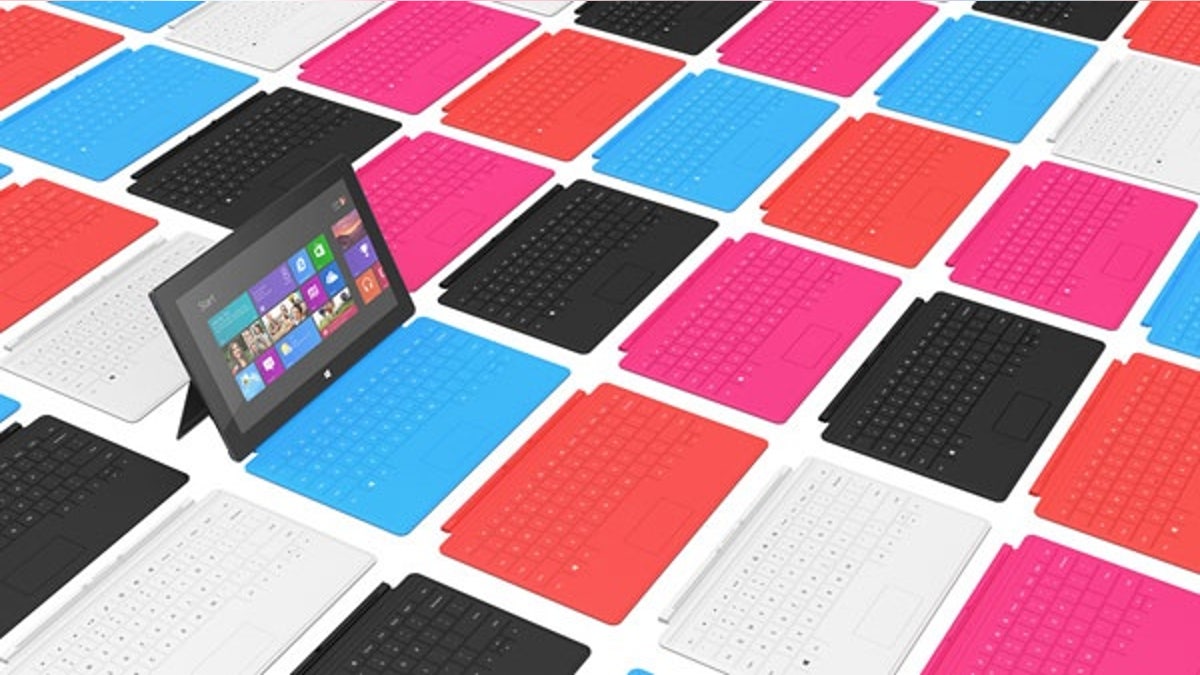
Microsoft has spent more money marketing its Surface tablet and Windows 8 than the slate has made back for the company.
In its annual Form 10-K that the company just filed with the SEC, Microsoft claims that it earned $853 million from the Surface and Surface Pro. During the last fiscal year, Microsoft says there was an $898 million increase in advertising costs associated with Surface and Windows 8. Those numbers don't paint a pretty picture for Microsoft's iPad challenger.
Recently, Microsoft announced a $900 write-down related to the Surface RT, whose price was slashed from $500 to $350. Between the RT and Pro models, Bloomberg reported 1.5 million Surfaces had been sold through March, and Geekwire estimates that total is now 1.7 million. To put that in perspective, Apple just moved 14.6 million iPads in what was considered a down quarter.
MORE: 25 Worst Gadget Flops of All Time
According to The Verge, Steve Ballmer reportedly admitted during a recent Microsoft town hall meeting that his company built more Surface devices than it could sell. But why aren't they selling? For one, many consumers still don't understand the limitations of Windows RT vs full-fledged Windows 8 (the former can't run desktop apps with the exception of Office). And the more expensive $899 Pro model lasted just 4.5 hours on our battery test, which is well below average for a tablet.
Microsoft also confused shoppers by promoting the Touch Cover with built-in keyboard in its ads only to charge extra for the accessory. The typing experience is better than a touch screen, but not as good as a traditional keyboard. Microsoft offers that, too, but for more money.
Then there's Windows 8 itself, which offers some advantages over the iPad in terms of multitasking but doesn't sport the traditional Start button users have come to rely upon. Windows 8.1 will bring the Start button back this fall, but it will only take you to the modern Live Tile menu. Fortunately, the upcoming OS does offer other enhancements like deeper settings options, an improved Snap feature, and better personalization.
Perhaps the lower price of the Surface RT will give Microsoft the boost it needs during the critical back-to-school season. And, presumably, there's an improved Surface 2 in the pipeline. But with the $229 Google Nexus 7 already making waves, Samsung's trio of new Galaxy Tab 3 devices, and both the iPad 5 and Amazon Kindle Fire HDs on the horizon, the Surface franchise could be in serious danger.








































